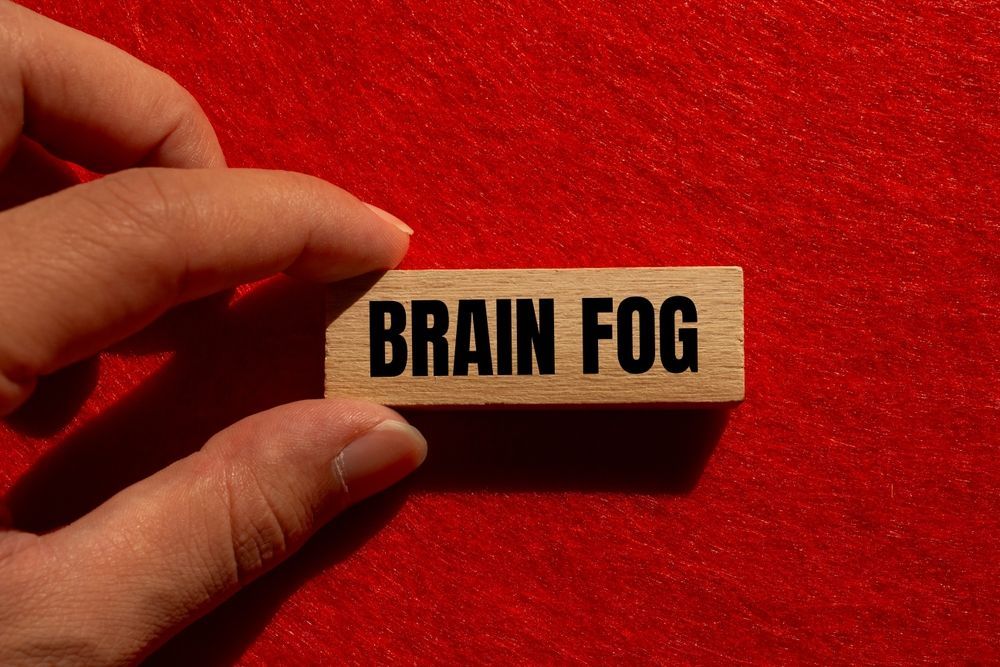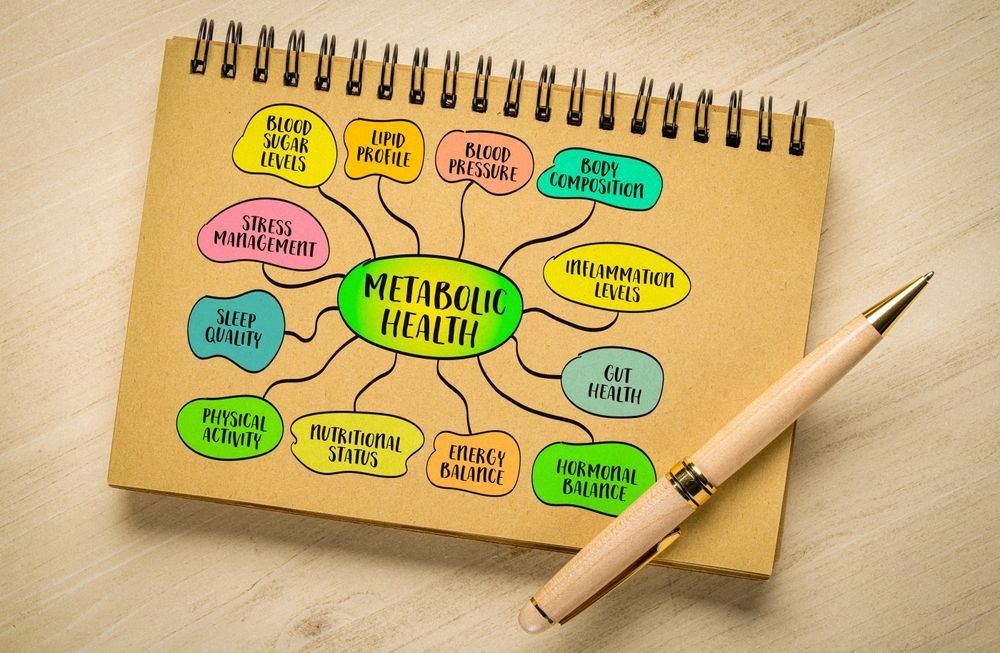Can IV Therapy Help You Sleep Better?

In today’s fast-paced world, many individuals struggle with sleep-related issues, contributing to fatigue, reduced productivity, and overall poor health. While traditional methods like sleep hygiene and medications have their place, an emerging trend is IV therapy. This article delves into the relationship between IV therapy and sleep improvement, exploring its mechanisms, benefits, and specific applications.
Understanding the Basics of IV Therapy
What is IV Therapy?
Intravenous (IV) therapy involves delivering fluids, vitamins, and other nutrients directly into the bloodstream. This method allows for faster absorption compared to oral supplements and medications, making it an effective way to ensure your body receives the necessary nutrients it sometimes lacks.
Originally utilized in hospitals for hydration and medication delivery, IV therapy has expanded into wellness treatments. People often seek it for varied reasons, including improving energy levels, enhancing recovery, and melding health conditions, particularly those affecting sleep. In recent years, the popularity of IV therapy has surged, with many individuals turning to it as a preventive measure, believing that regular infusions can help boost their immune systems and overall vitality.
Moreover, the customization of IV therapy has become a significant draw for many. Different formulations can be tailored to meet specific health needs, such as high-dose vitamin C for immune support, or a blend of electrolytes and amino acids for athletes looking to optimize their performance and recovery. This personalized approach allows individuals to address their unique health concerns more effectively, making IV therapy a versatile option in the realm of holistic health.
How Does IV Therapy Work?
By bypassing the digestive system, IV therapy ensures that nutrients enter the bloodstream immediately. This can be particularly beneficial for those who have digestive issues, chronic illnesses, or a busy lifestyle that prevents them from maintaining a balanced diet.
The infusion process typically occurs in a clinical setting or wellness center where healthcare professionals monitor and administer the treatment. Depending on the individual's needs, the infusion may last anywhere from 30 minutes to a few hours. During this time, patients can often relax in a comfortable chair, read, or even catch up on work, making it a convenient option for those with hectic schedules. Additionally, many clinics now offer mobile IV therapy services, allowing patients to receive treatments in the comfort of their own homes or at events, further enhancing accessibility.
Furthermore, the safety and efficacy of IV therapy are bolstered by the expertise of licensed professionals who assess each patient's medical history and current health status before administering treatment. This careful consideration helps to minimize potential risks and ensures that the chosen nutrient blend is appropriate for the individual's needs. As research into the benefits of IV therapy continues to evolve, more people are becoming aware of its potential to not only treat existing health issues but also to promote overall wellness and prevent future ailments.
The Connection Between IV Therapy and Sleep
The Role of Hydration in Sleep Quality
Hydration plays a vital role in achieving restful sleep. Dehydration can disrupt bodily functions and lead to insomnia or restless nights. IV therapy provides a straightforward solution by directly hydrating the body with fluids that contain essential electrolytes.
Proper hydration helps regulate body temperature, reduces discomfort, and improves mood, all of which contribute to a better night’s sleep. Moreover, being well-hydrated can help avoid nighttime trips to the bathroom, aiding in uninterrupted rest.
Nutrient Infusion and Sleep Improvement
Nutrient deficiencies can affect sleep quality, impacting the production of sleep-regulating hormones like melatonin. IV therapy can facilitate the infusion of critical vitamins and minerals, such as B vitamins, magnesium, and Vitamin C, that support optimal bodily functions associated with promoting sleep.
Research suggests that specific nutrients can enhance the ability to fall asleep and stay asleep, making IV therapy a potentially valuable ally for individuals experiencing sleep disturbances.
Types of IV Therapy for Better Sleep
Vitamin Infusion Therapy
Vitamin infusion therapy often includes a blend of essential vitamins such as B-complex vitamins and Vitamin C. These vitamins are crucial for energy production, mood regulation, and overall wellness, which can indirectly lead to improved sleep quality.
Incorporating such therapy helps to replenish vitamin stores, supporting the body’s ability to manage stress and promote relaxation, two important factors in achieving restful sleep.
Amino Acid Infusion Therapy
Amino acids play a crucial role in neurotransmitter production. Certain amino acids, such as tryptophan, are precursors to serotonin, a hormone that influences sleep. Infusing amino acids can support the body’s natural ability to produce the necessary chemicals for restful sleep.
Amino acid infusion therapy may prove particularly beneficial for individuals experiencing sleep disorders, as it targets the root causes that lead to sleeplessness.
The Science Behind IV Therapy and Sleep
Exploring the Research
While anecdotal evidence of IV therapy improving sleep abounds, scientific research is gradually evolving to explore this connection. Some studies indicate that individuals receiving nutrient-rich IV therapy report improved sleep patterns and overall mood.
Current research often focuses on specific components of IV therapy, like hydration and vitamin infusions. Ongoing studies are expected to provide a clearer understanding of how these therapies can benefit sleep quality, potentially paving the way for more widespread use.
Potential Side Effects and Risks
While IV therapy is generally considered safe, it is not without potential side effects. Some individuals may experience discomfort at the injection site, allergic reactions to infused substances, or imbalances in electrolytes if not monitored correctly.
It’s crucial to consult a healthcare provider before starting IV therapy. Individual health conditions and needs should guide its application, ensuring that any risks are adequately managed.
Who Can Benefit from IV Therapy for Sleep?
Insomnia Sufferers and IV Therapy
Individuals diagnosed with insomnia may find relief through IV therapy as it addresses underlying deficiencies and promotes relaxation. The direct infusion of vitamins and hydration can help the body recalibrate its sleep-wake cycle.
Personalized treatment plans can be engineered with healthcare professionals, targeting specific symptoms associated with insomnia, thus enhancing the chances of achieving restorative sleep.
Shift Workers and Sleep Quality
Shift workers often face unique challenges to their sleep patterns, leading to fatigue and reduced cognitive function. IV therapy can help by providing a quick boost of hydration and nutrients that support recovery and improve overall well-being.
Through specific formulations, IV therapy can work to counteract the negative effects of altered sleep schedules, ensuring that nocturnal hours spent resting are more revitalizing.
In conclusion, while IV therapy is not a one-size-fits-all solution, it presents a promising option for many seeking better sleep quality. When combined with other health-promoting practices, it may serve as a valuable tool in achieving the restful nights we all seek.










